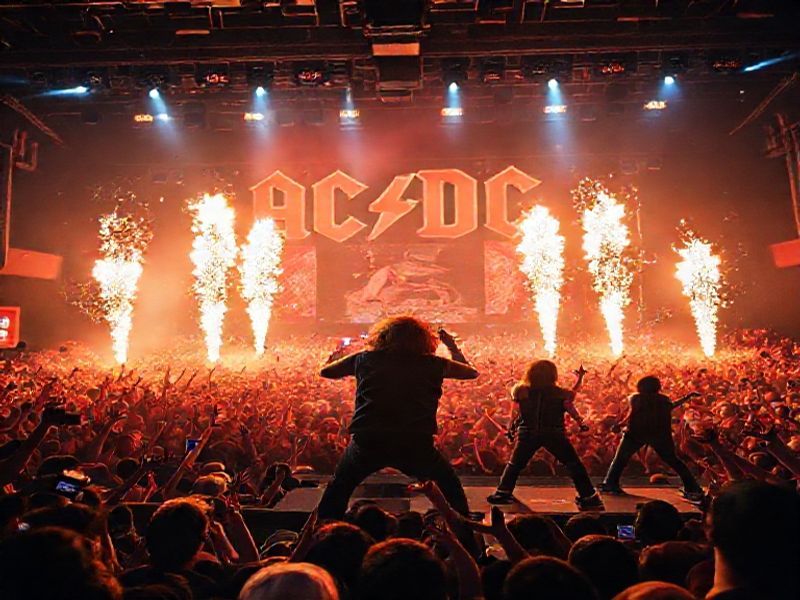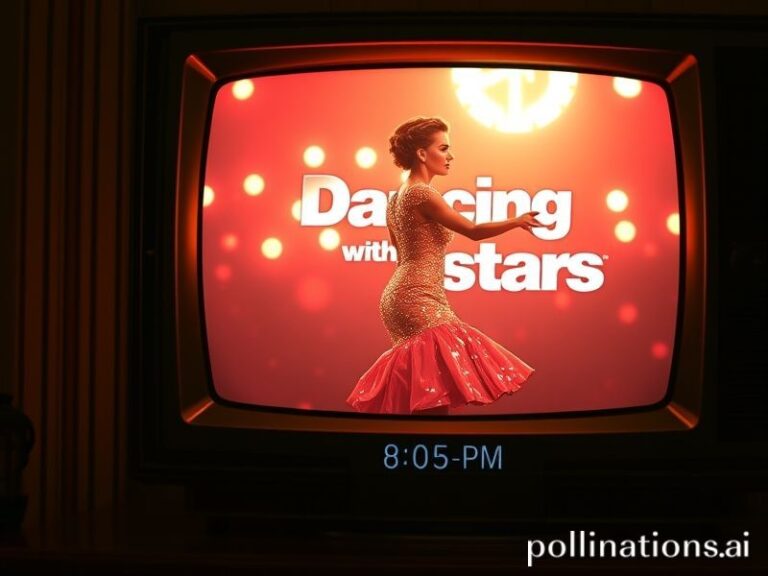AC/DC Tour Dates: Why the World Is Losing Its Mind Over the Rock Legends’ Return
# **AC/DC: High Voltage Tour Dates That Are Shocking the World**
In a world where the internet is either doomscrolling through political drama or binge-watching cat videos, one thing has managed to unite global audiences in a way that’s as electrifying as a power chord: **AC/DC tour dates**. Yes, the legendary rock band that’s been cranking out anthems since the ’70s is back, and the internet is losing its collective mind. But why? Let’s break it down.
### **Why Is Everyone Talking About AC/DC Tour Dates?**
First, let’s address the elephant in the room: **AC/DC hasn’t toured in years**. The last time they hit the road was in 2016, and even then, it was with a stand-in vocalist after Brian Johnson had to step back due to hearing issues. Fast forward to 2024, and the band is back with a vengeance, announcing a massive world tour that’s got fans from Sydney to Stockholm buzzing.
The announcement itself was a masterclass in nostalgia meets modern marketing. The band dropped the news via a vintage-style poster on social media, complete with the iconic AC/DC lightning bolt logo. It was simple, effective, and instantly shareable—perfect for the internet age. Within hours, the post went viral, with fans flooding comment sections with emojis, memes, and throwback GIFs of Angus Young’s iconic schoolboy outfit.
### **Cultural Context: Why AC/DC Still Matters**
AC/DC isn’t just a band; they’re a cultural institution. Their music has been the soundtrack to everything from backyard barbecues to high-stakes video game moments (looking at you, *Guitar Hero*). Their songs are timeless, transcending generations and genres. Whether you’re a millennial who grew up on *Back in Black* or a Gen Z-er who discovered them through TikTok, AC/DC’s music has a universal appeal that’s hard to ignore.
The band’s return to the stage is also a reminder of the power of live music in an era dominated by streaming and digital consumption. In a world where algorithms dictate what we listen to, AC/DC’s tour is a throwback to a time when music was an event—something you experienced, not just consumed.
### **Social Impact: The Internet’s Love Affair with AC/DC**
The internet’s reaction to the tour announcement has been nothing short of electric. Memes, fan theories, and even debates about whether Angus Young will still be wearing his school uniform have taken over social media. The band’s ability to inspire such a passionate response is a testament to their enduring legacy.
But it’s not just about nostalgia. AC/DC’s music has a way of bringing people together, whether it’s at a concert, a sports event, or even a protest. Their songs are anthems of resilience, rebellion, and sheer rock ‘n’ roll energy. In a world that often feels divided, AC/DC’s music offers a unifying force—a reminder that sometimes, all you need is a killer riff and a catchy chorus to make everything feel a little bit better.
### **What Makes This Topic Significant?**
The significance of AC/DC’s tour dates goes beyond just music. It’s a cultural moment that highlights the enduring power of rock ‘n’ roll in an ever-changing digital landscape. It’s a reminder that some things—like a killer guitar solo or a perfectly timed air guitar moment—never go out of style.
Moreover, the tour is a testament to the band’s resilience. AC/DC has weathered lineup changes, health scares, and industry shifts, yet they remain as relevant as ever. Their return to the stage is a victory lap for a band that has defied the odds and continues to inspire new generations of musicians and fans alike.
### **Conclusion: Rock On, AC/DC**
AC/DC’s tour dates are more than just a series of concerts; they’re a celebration of rock ‘n’ roll’s enduring spirit. In a world that’s constantly evolving, AC/DC reminds us that some things—like a killer riff, a rebellious attitude, and the sheer joy of live music—are timeless. So, whether you’re a die-hard fan or a newcomer to the band’s music, one thing is clear: AC/DC is back, and the world is ready to rock.
—







